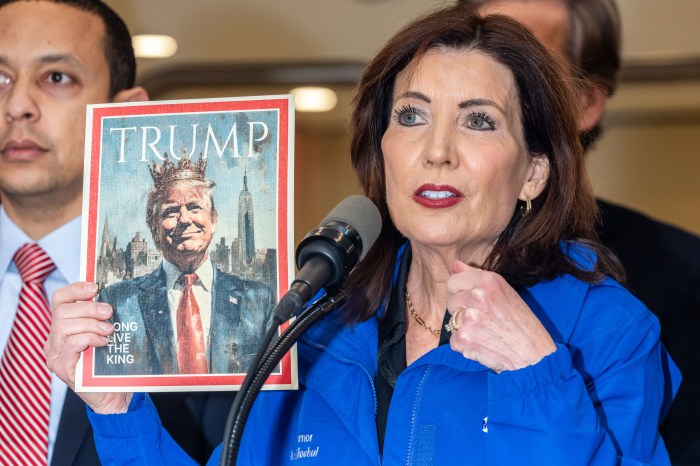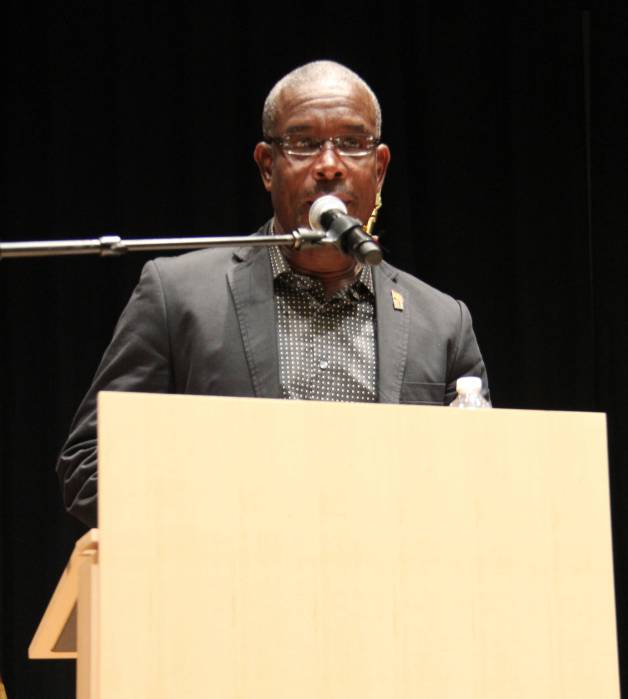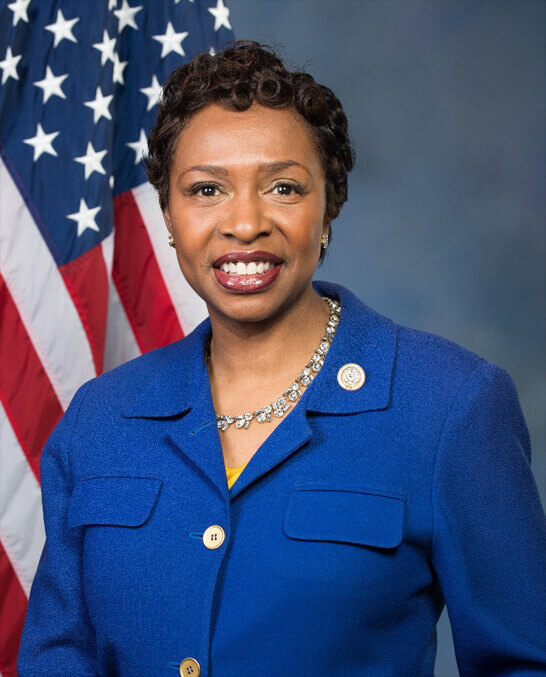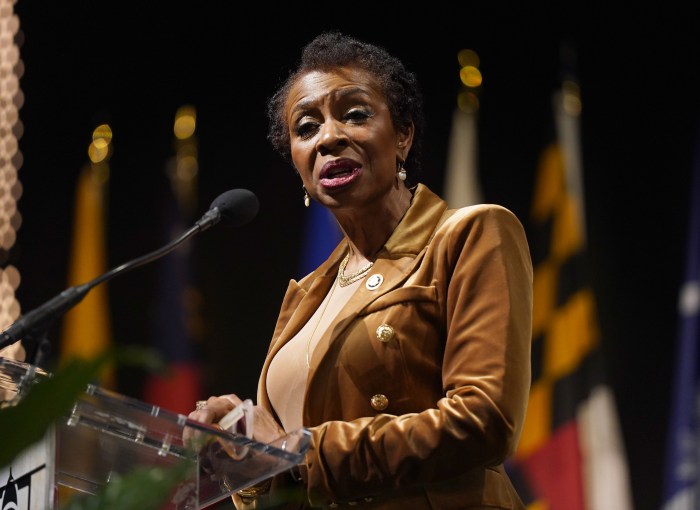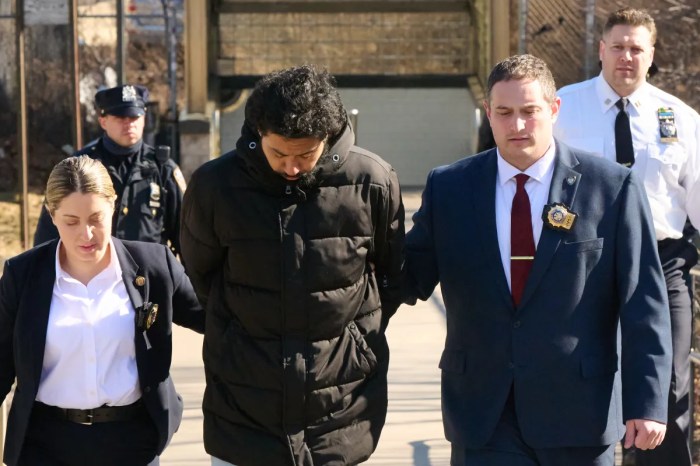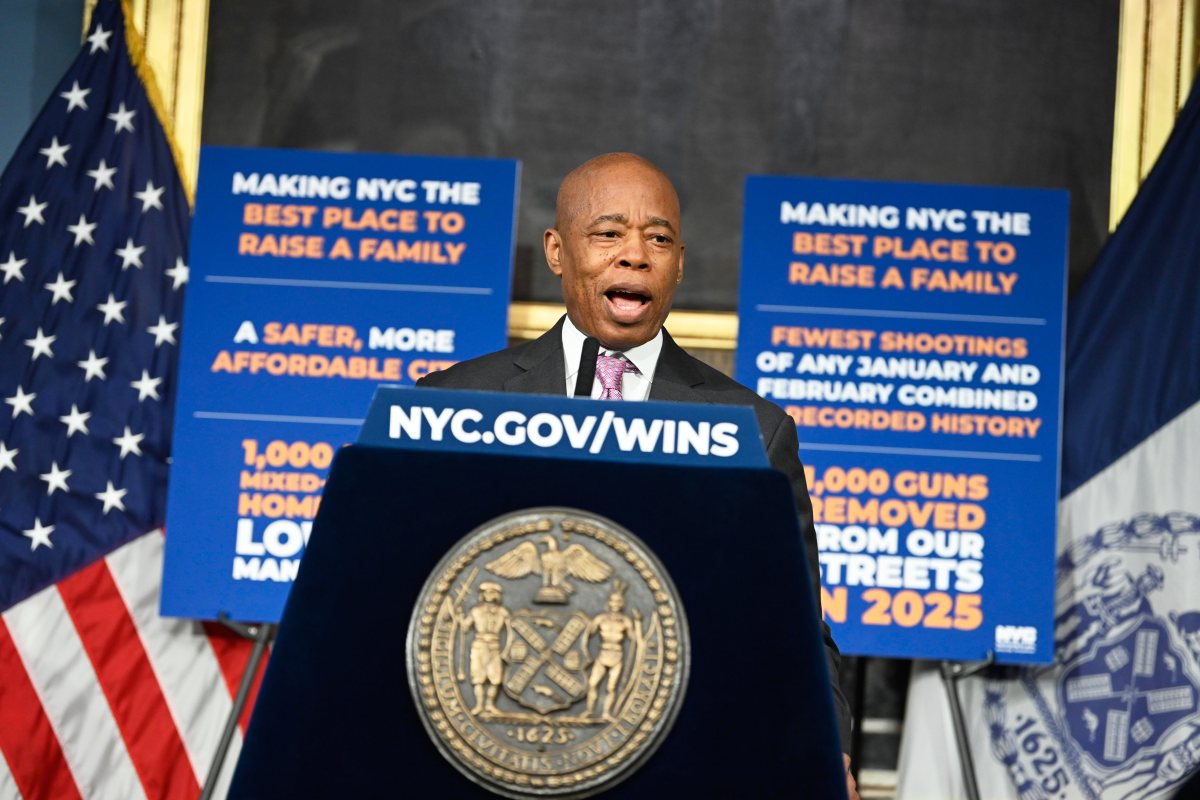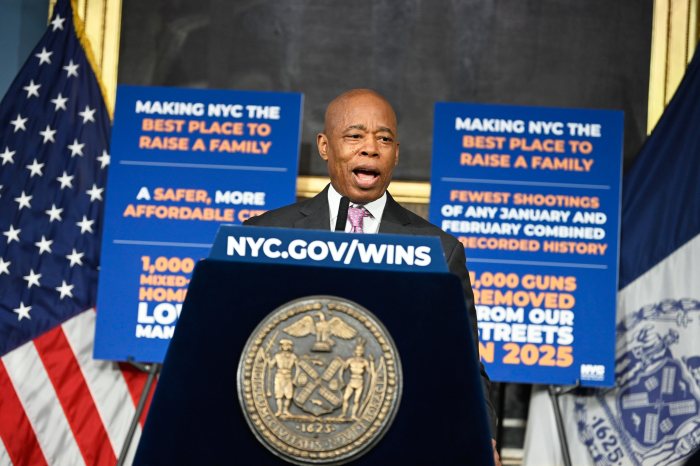There is a movement sweeping the country that will have a fundamental impact on the lives of the poor, the disabled, and the disadvantaged. Unfortunately, it is not a movement to bring compassionate assistance to these individuals, but rather one that disbands decades of bipartisan efforts, through government action, to fulfill society’s collective obligation to help those in need.
The latest—but far from last—manifestation of this movement occurred on Election Day, and it would have occurred regardless of which party claimed victory. The reality is that no individual can run for office—and certainly none can be elected—unless their platform opposes taxes, opposes government spending, and indeed opposes government itself.
State and local budgets are already shrinking rapidly due to the economic downturn, and that will now also occur on the federal level. The adverse impacts from these cuts will accelerate as well.
What will this new reality bring? The first hardships will be visited on those in greatest need: shorter time periods for unemployment benefits, greater restrictions on eligibility for food stamps, the elimination of subsidized child care slots, reduced aid for new immigrants, fewer services for those with physical and mental disabilities, fewer shelters for the homeless, reduced services for the homebound elderly, and so much more.
We collectively seem to have forgotten not just the hardships that existed before these programs were put in place, but, crucially, that these programs protect not just the poor, but the middle class as well.
Subsidized child care for poor parents and English language classes for new immigrants allow both groups to find jobs and start paying taxes. Unemployment benefits and food stamps allow individuals to feed their families and avoid eviction, so that they too can find work rather than fall into hunger and homelessness. Providing in-home services for the elderly and the disabled, as well as programs for disconnected youth, saves taxpayer dollars by avoiding the higher costs of institutionalization.
For example, in the past individuals looking for work were eligible for publicly funded child care. Due to budget cutbacks, however, that eligibility has been eliminated. Here is an example of the real-life impact of that change: Earlier this year Rosa P. was working and her daughter attended one of Union Settlement’s child care centers. Rosa then lost her job, which meant that her daughter’s child care was no longer funded. Rosa found herself in a double-bind: unable to afford to pay for child care and unable to look for a new job while she was caring for her daughter. Because of this reduction, Rosa is neither working nor paying taxes, and her daughter no longer has the benefits of early childhood education.
Because certain types of spending cannot be reduced (such as debt service) or are considered too essential to reduce (such as military spending), budget cuts will have to be imposed on more than just programs for the poor. The National Cancer Institute just released the results of a major government-financed five-year study showing how annual CT scans can dramatically reduce lung cancer death rates. Only the government can afford to finance such studies, and cuts in government research funding clearly will translate into fewer lives saved. Both rich and poor want to have safe streets, but governments are already cutting police officers, probation officers, and transitional services for those leaving prison. The inevitable result: More crime. Every time there is an outbreak of salmonella, or a bridge collapse, or a new insider trading scheme, the public asks: “Where were the government inspectors and regulators?” Increasingly, the answer will be: “We had to lay them off.”
There are still many among us who believe that society has a collective obligation to care for those in need, and to provide opportunities for those who wish to learn and work and produce. Since the Great Depression, Americans have realized that the most efficient way to provide those services is through government funding—either directly, or through non-profit organizations that offer child care, youth programs, job training, food banks, adult education, immigrant assistance, home care, and other basic social services to those in need.
The tide, however, clearly has turned, and those with the loudest voices are winning the debate over whether the government is a mechanism through which the voting public can do good, or an impediment that must be dismantled. And so the new, long-term reality of lower taxes and decreasing government spending has arrived, and looks like it’s here to stay.
Unfortunately, the old adage “you get what you pay for” applies not just to products we buy in stores, but to our government as well.
David Nocenti is executive director of Union Settlement Association, one of the oldest and largest social service providers in the East Harlem community of New York City.


